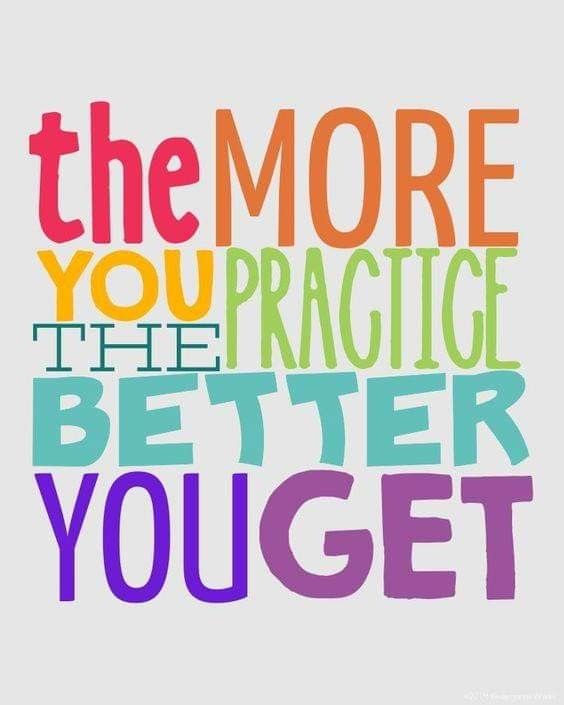Probably every songwriter reading this would answer: WRITE! We all want to spend as much time as we can writing our songs: moving lyrics and melody forward, getting them finished, and starting new ones. Writing feels productive. It feels like you’re accomplishing something.
But listening to songs is just… well, it’s just something you enjoy, something you do when you’re driving, or studying. In other words, something you do while you’re actually doing something else.
But what if I said that listening to songs is as important to your success as writing songs? What if I told you that you should spend as much time listening as you do writing?






